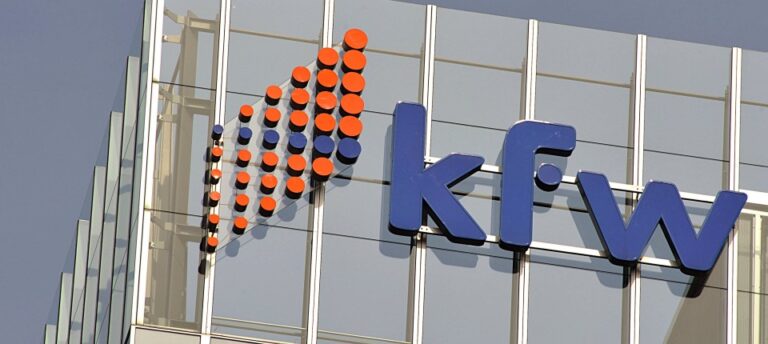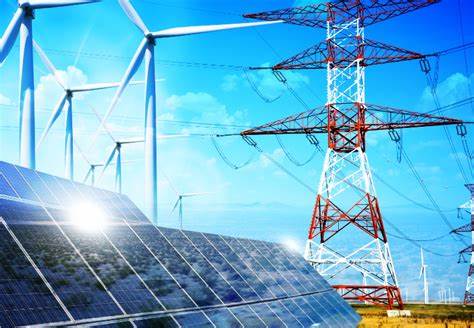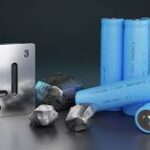Africa took a decisive leap toward energy sovereignty and industrial resurgence this week as South African President Cyril Ramaphosa urged African nations to seize green hydrogen as a transformative engine for sustainable development.
Speaking at the inaugural Africa Green Hydrogen Summit in Cape Town, Ramaphosa revealed that over 52 large-scale green hydrogen projects including the Coega Green Ammonia initiative and Morocco’s Project Nour are now underway, underlining Africa’s burgeoning role in the global energy shift.
With a collective ambition to produce 30 to 60 million tons of green hydrogen by 2050, the Africa Green Hydrogen Alliance forecasts the creation of up to 4 million new jobs across member nations including South Africa, Egypt, Kenya, and Namibia.
“Africa is uniquely positioned to lead the green hydrogen revolution,” President Ramaphosa declared, citing the continent’s abundant solar irradiance, wind corridors, hydropower, and vast unutilized land.
Originally launched as a South African platform in 2022, the summit has evolved into a continental forum, with this year’s theme “Unlocking Africa’s Green Hydrogen Potential for Sustainable Growth” drawing ministers, investors, and technologists across borders.
Ramaphosa emphasized the summit’s significance as part of South Africa’s G20 presidency agenda, positioning green hydrogen as a “bridge to a new export industry” and a cornerstone of climate resilience.
German backing through the H2Global initiative, including one bidding lot specifically allocated to Africa, underscores growing international interest.
Domestically, South Africa has invested R1.49 billion into its hydrogen roadmap, alongside regulatory reform and pilot projects like Sasolburg’s green hydrogen mobility program.
“We must put the African voice at the Centre of global energy rulemaking,” said Ramaphosa. “We are called upon to build this bridge together as Africans, as partners, and as builders of a green, inclusive future.”
The summit’s outcomes are expected to reverberate far beyond the continent. As global demand for decarbonized energy intensifies, Africa’s rise as a clean hydrogen supplier could reshape global trade flows, catalyze industrialization, and place the continent at the helm of the 21st century’s energy transition.
Securing the Future: How African Mines Can Protect Water and Communities – Jaina News
South Africa’s GDP Growth Slows, Stoking Economic Concerns – Jaina News









[…] Read Also:Africa’s Green Hydrogen Leap: A New Energy Era Begins – Jaina News […]